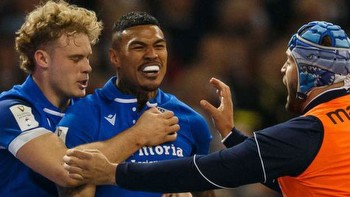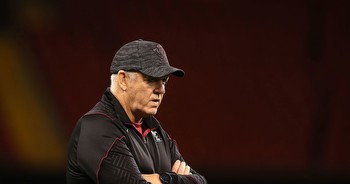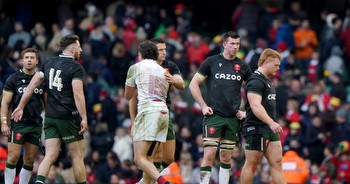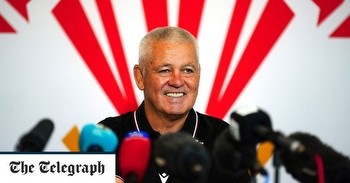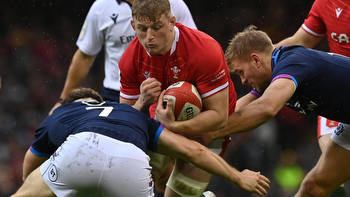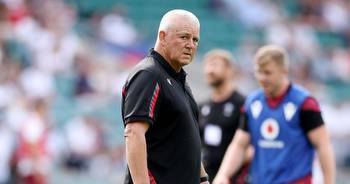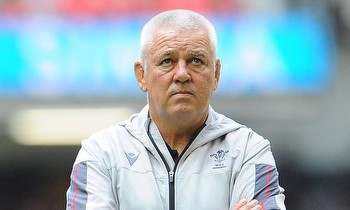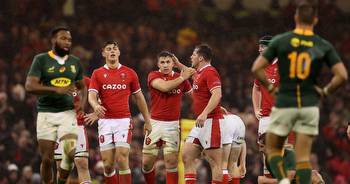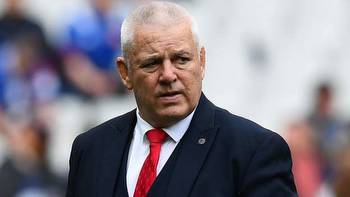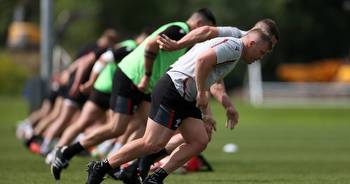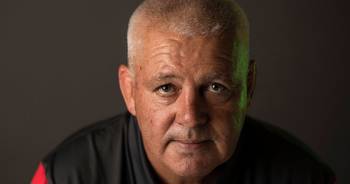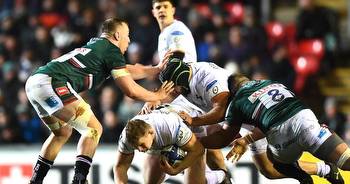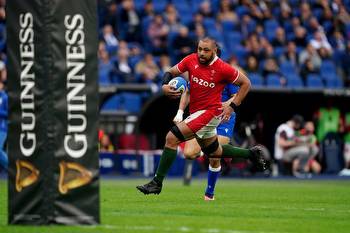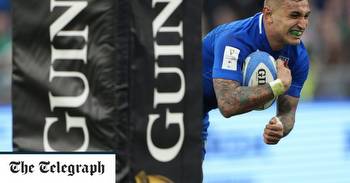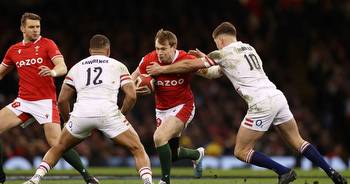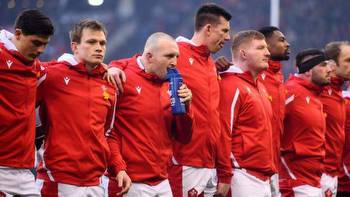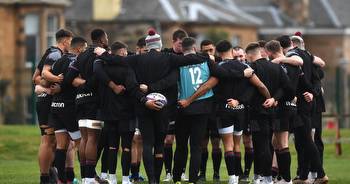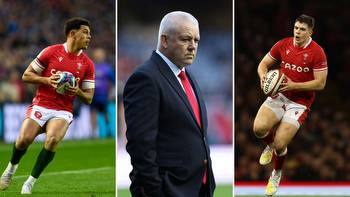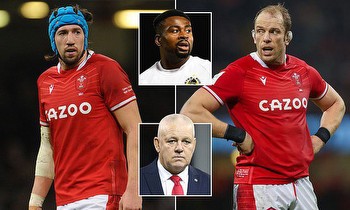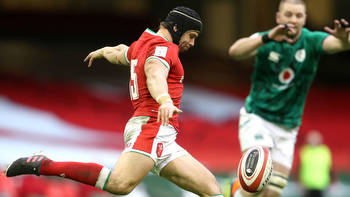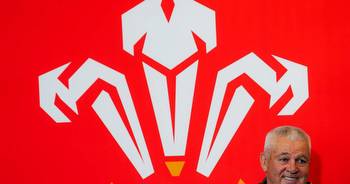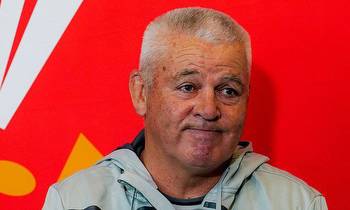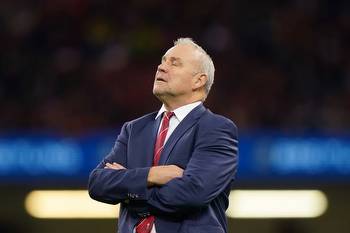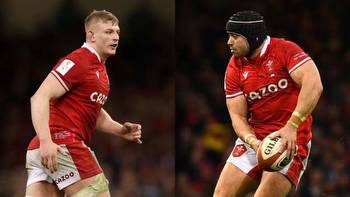State of the Nation: Glimmers of hope for Wales despite a dire Six Nations
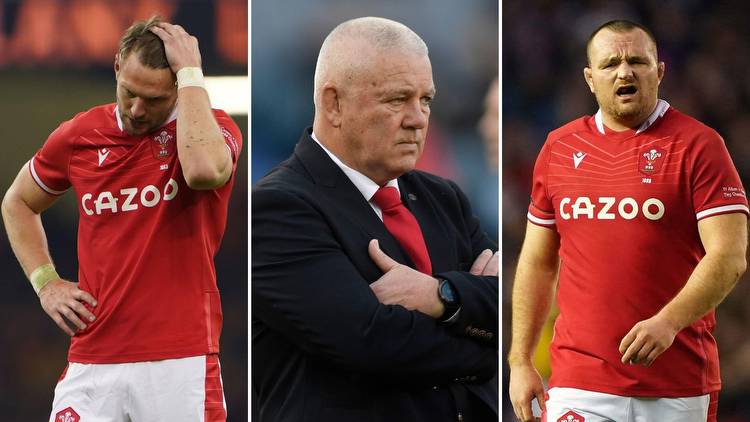
With the dust settling on the 2023 Six Nations, we delve into the state of affairs of each of the six teams. Next up, Wales.
It was far from an ideal return to the helm of Welsh rugby for Warren Gatland, as the team he inherited was a shadow of the side he left for Wayne Pivac.
Losses to Italy and Georgia in 2022 culminated in the return of Gatland to Wales. Still, before his second tenure even kicked off, his outfit were disrupted by the wholly inadequate management of the Welsh Rugby Union.
First came the accusations of misogyny, sexism, racism and homophobia within the governing body after an investigation by BBC Wales, which duly led to the resignation of chief executive Steve Phillips.
That was followed by the players threatening strike action after the WRU failed to come to an agreement with the regions and players over the contracting structures and budgets ahead of next season.
The issues off the pitch translated onto it as Gatland’s charges fell to three successive defeats before claiming a 29-17 win over Italy.
A spirited outing against the far more fancied French ended in a 41-28 defeat, with Wales ultimately avoiding a first Wooden Spoon finish in 20 years.
Set-piece sacrilege
Gatland teams of old have always been tough to break down and through, but the opposite was the case this year.
The hallmarks of ‘Warrenball’ have always been a good kick-chase game, a stubborn defence and a robust foundation laid by the pack to launch from.
Conceding 19 tries and producing the worst set-piece of all six teams will make Galtand’s eyes bleed.
Defensive structures can take a while to implement effectively – particularly without Shaun Edwards leading the charge – but there are some positives in that area with Wales landing more dominant tackles than any other team in the Championship (55).
As a former hooker himself, Gatland will be livid with the numbers his pack produced, winning just shy of 81 per cent of their own scrums – nearly five per cent worse off than Scotland – and with 85.1 per cent lineout success.
Any tier-one team producing those numbers will not compete with the best teams in the world.
Lessons in defeat
The old adage that you learn more in defeat than in victory can not be more true for Wales this year.
While several players who were regulars during Gatland’s first tenure were still in the squad, he needed to take stock and see how up to the task his ageing squad was for the World Cup while also testing the younger players.
The New Zealander chopped and changed his team throughout the tournament handing Test debuts to Mason Grady and Rhys Davies, with Joe Hawkins, Christ Tshiunza, Dafydd Jenkins, Jac Morgan, Rio Dyer and Tommy Reffell adding to their single-digit cap tallies.
Owen Williams shone at fly-half in the absence of Gareth Anscombe and when given the opportunity over Dan Biggar – particularly in his shift, albeit in defeat, to England.
While the losses will have been tough to bear, particularly for the fans, the Wales boss will have taken a great deal out of those matches.
Hopefully, for the fans’ sake, Gatland now clearly understands who he can and who he can not count on during the World Cup.
Stars emerge
A lot was made of the ageing profile of the Wales squad throughout the tournament, but some young stars threw their names into the mix for the World Cup.
Winger Dyer did exceptionally well, even when he was given horrendous service from his fellow backs. His work rate is astounding as he leaves nothing out on the pitch.
Staying with the backs, Hawkins has all tools to be an outstanding Test centre and thrived despite his side’s poor performances, and his future midfield partner Grady was just as impressive in his outings.
Morgan continues to grow and prove his Test quality with fellow forwards Jenkins and Tshiunza also making their opportunities count.
On the other end of the scale, some of the elder statesmen proved they could still perform at the highest level. There was no better example of that than Rhys Webb’s performances against Italy and France.
At the same time, Taulupe Faletau confirmed that class is permanent, as did Alun Wyn Jones and Ken Owens – two players that got an unwarranted amount of stick throughout the tournament.
Positives
It’s not all doom and gloom for Wales. Once the contract row was settled, the team looked more focused and driven on the pitch.
By the time the World Cup warm-up matches roll around, most of the squad should have their futures shored up, and their focus can be fully turned to on-field performances.
One of the most significant issues in the opening fixtures was their inability to take their chances. In the first two games against Ireland and Scotland, they averaged less than a point per visit to the opposition’s 22. That number grew to 1.8 against England and was over 2 points per visit against Italy and France.
A lot of Wales’ issues are structural rather than talent. This means that an extended period together as a squad and coaches could get them singing off the same hymn sheet and lead to a successful Rugby World Cup run, particularly considering they are on the ‘easier’ side of the draw.
Eddie Jones will face similar issues with Australia, as will Fiji, who also have a new coach in charge. Georgia is steaming into the tournament and will prove to be a far more challenging prospect than initially expected.
However, the agreement with the WRU and the regions means that Gatland can also pick some overseas-based players, with the Wales boss mentioning Cory Hill. The second rower, alongside fellow Japan-based lock Jake Ball and Racing 92-bound Will Rowlands, could significantly boost the underperforming pack.
Verdict
The unwanted records are a bitter pill to swallow, but there are glimmers of hope for Wales. If anyone can get them fit and firing for the World Cup, it’s Warren Gatland.
The talent is there for the New Zealander to get them back on track, and it’s all about piecing together the right team with the right tactics.
However, we can not ignore the fact that this was Wales’ worst Six Nations campaign in well over a decade, a sacrifice that may only bear fruit in a few months’ time.

